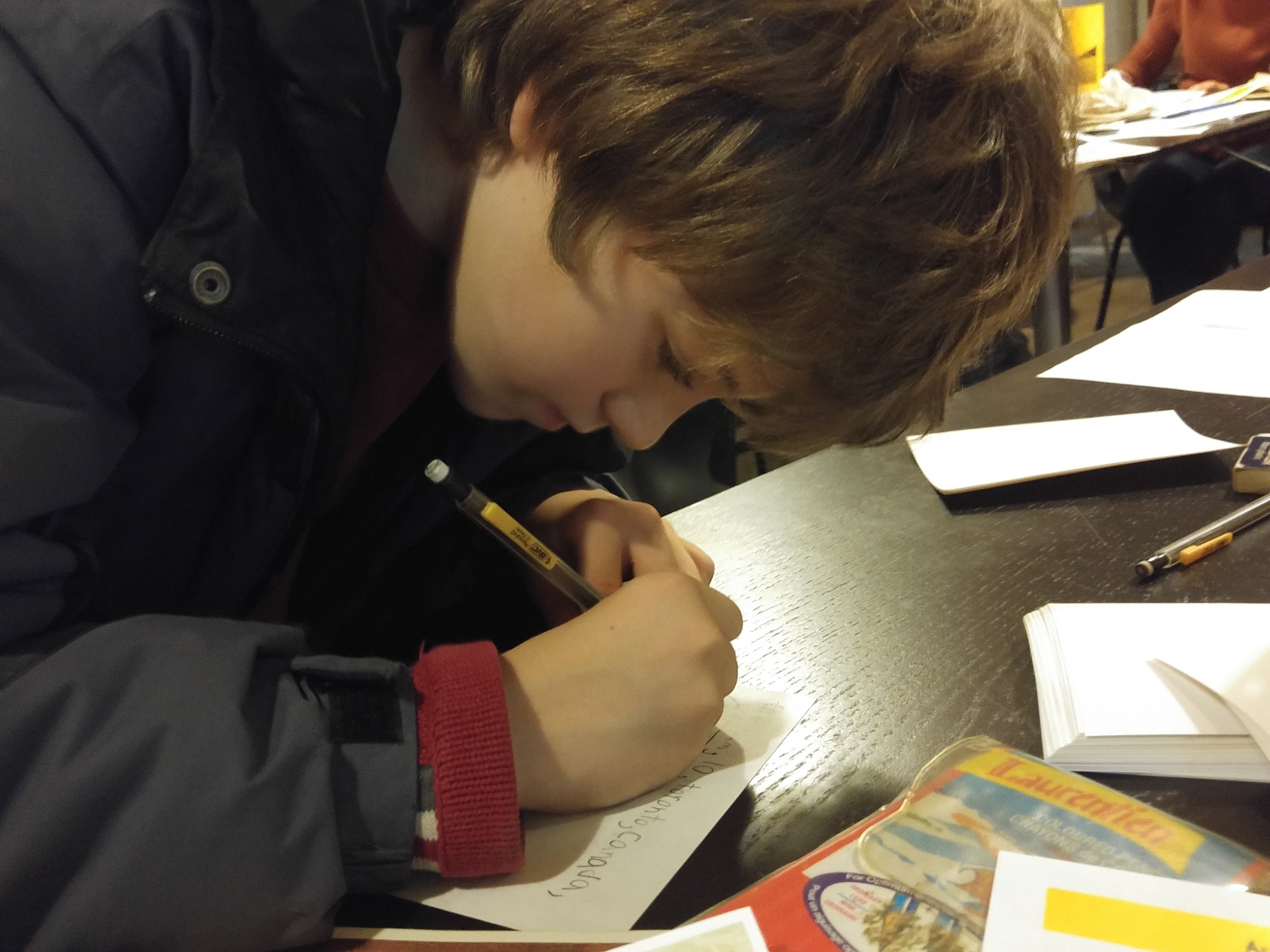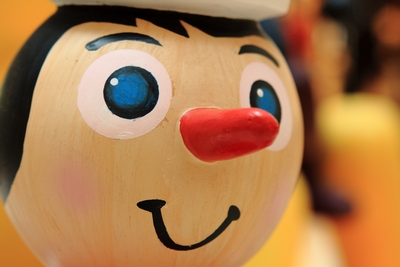Know a young person who is passionate about social justice—who is eager to make the world a better place, starting right now?
Let that young person know about Amnesty International Canada’s Lifesavers program: a free monthly action program for kids age 9 and up that involves writing letters on behalf of an individual or group whose human rights are in jeopardy.
Recent Lifesaver actions have offered support to
- Mahmoud Hussein, an 18-year-old who is in jail in Egypt for wearing a t-shirt the government didn’t like;
- Fred and Yves, two young activists in the Democratic Republic of the Congo, who have been jailed for making comments critical of the government; and
- refugee children who are separated from their parents.
If those monthly calls to action appear to be written in a way that resonates with kids, it’s for certainly good reason. Amnesty International Canada has a volunteer team of three young editors (they’re each ten years old) helping to craft the messages. Their job is to ensure that each Lifesaver is written in a way that will make sense to kids and inspire kids to want to take action.
Liam Price-Savone, one of the young editors, explains: “Kids know kids. If I don’t understand something, maybe other kids won’t either. I like helping to find ways to explain what happened so that kids like me can understand….and then maybe want to do something to help too.”
Not surprisingly, the Lifesaver program has been embraced by kids from across the country, as well as their parents and teachers. It has also been used by adults in literacy programs and by students in English-as-a-second language classes, notes Marilyn McKim, the staff member responsible for the Urgent Action Network and Lifesaver Program.
To find out more about the Lifesavers program—how your child or your class can become involved—please contact Marilyn McKim of Amnesty International Canada’s Urgent Action Office: urgentaction@amnesty.ca or (416) 363-9933 extension #325.


